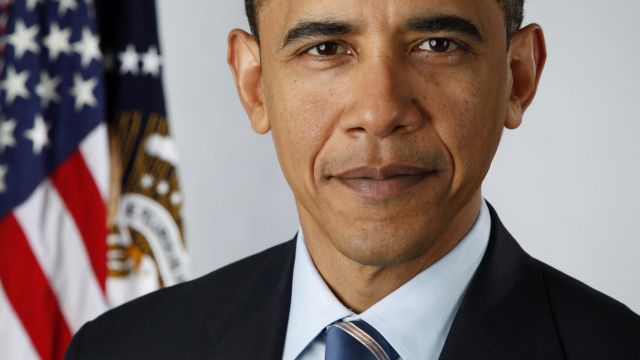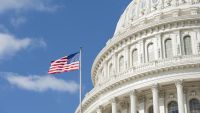2012 election and legislative update
A look ahead to the 113th Congress
Now that the 2012 general election is behind us – with voters choosing to maintain the status quo, and preserve the current system of divided government – we await action from our political leaders on some of our most pressing problems.
The following summary will focus on results from federal elections, provide insight on the remaining lame duck session of the 112th Congress, and look ahead to the 113th, which convenes in January.
Executive Branch
Starting with the top of the ticket, the race for the White House focused mainly on a handful of battleground swing states, namely Ohio, Florida, Iowa, Indiana, Wisconsin, North Carolina, Florida, Nevada, Colorado and New Hampshire.In the end, President Obama bested Gov. Mitt Romney’s electoral numbers by a tally of 332 to 206. As the numbers indicate, the President had a good night, winning all of these with the exception of North Carolina and Indiana.
The President will be sworn in for his second term on Sunday, Jan. 20, 2013, with a traditional inauguration ceremony to be held on Monday, Jan. 21.
Senate
Every two years, one-third of Senate seats are up for contest. Early analysis of the 2012 Senate races raised the prospect of a Republican takeover, as a number of incumbent Democrats were thought to be vulnerable.The most closely watched races included contests in Arizona, Florida, Indiana, Maine, Massachusetts, Montana, Nevada and Virginia. On election night, Democrats made gains in Indiana and Massachusetts, and an additional Republican loss can be pinpointed to the seat vacated from the retiring Olympia Snowe from Maine. In that race, former Gov. Angus King ran a successful campaign as an independent. He is expected to caucus with the Democrats once he assumes office.
In the end, Democrats increased their majority by two seats and will hold a 53 to 45 in the 113th Congress (two independents provide the additional seats totaling 100 Senators).
House
Leading up to the election, Republicans were expected to maintain their control over the lower chamber, and the predictions came true. As of the writing of this article, a few contests have yet to be decided, but most pundits agree that the new GOP majority in the House will be 230-205. Speaker Boehner and Leader Cantor are expected to retain their leadership positions, with chairmanships and other committee assignments to be determined shortly.Lame duck session
Unlike other lame duck sessions, the urgency to deal with a number of pressing items during this the remainder of the 112th Congress is unprecedented.The most urgent issue facing lawmakers is the so called “fiscal cliff,” which is a combination of massive spending cuts combined with the expiration of current Bush-era tax rates. Economists warn that without swift action, the combination of spending cuts and rate hikes will have a detrimental impact on an already-tepid economic recovery.
Because Republicans and Democrats are deeply divided on how best to deal with a growing debt, while preserving essential government services and ensuring the viability of our entitlement programs, the likelihood of a grand bargain being struck in the lame duck session is low.
While some agreements could settled before the end of the year, most pundits expect Congress to suspend some suspending cuts, extend tax rates for most, and give the 113th Congress a chance to deal with these issues.
Beyond the fiscal cliff, Congressional leaders also have expressed hope in passing bills dealing with cyber security, agriculture, post office reform, hurricane relief, defense authorization, and trade normalization with Russia.
It is often said that politics is the art of the possible. Given the shortened legislative calendar, together with the enormity of the issues facing our country, skeptics wonder if progress can be made in the days and weeks to come. Optimists should note that, immediately following the election, leaders in both parties recommitted themselves to working together to address many of these issues, thus improving the likelihood that deals could be reached and our political system continues to operate as intended.
About the Author
Matthew B. Keelen, founder and President of the government affairs firm The Keelen Group, is a widely known and highly regarded lobbyist and political strategist with experience building relationships with key figures and a reputation for consistently delivering hard-earned victories. Acknowledged for his innate ability to establish and develop long lasting political relationships, Keelen has dozens of time-tested relationships with Members of Congress, including many who are in positions of considerable influence today. To learn more about The Keelen Group, visit www.keelengroup.com.



















